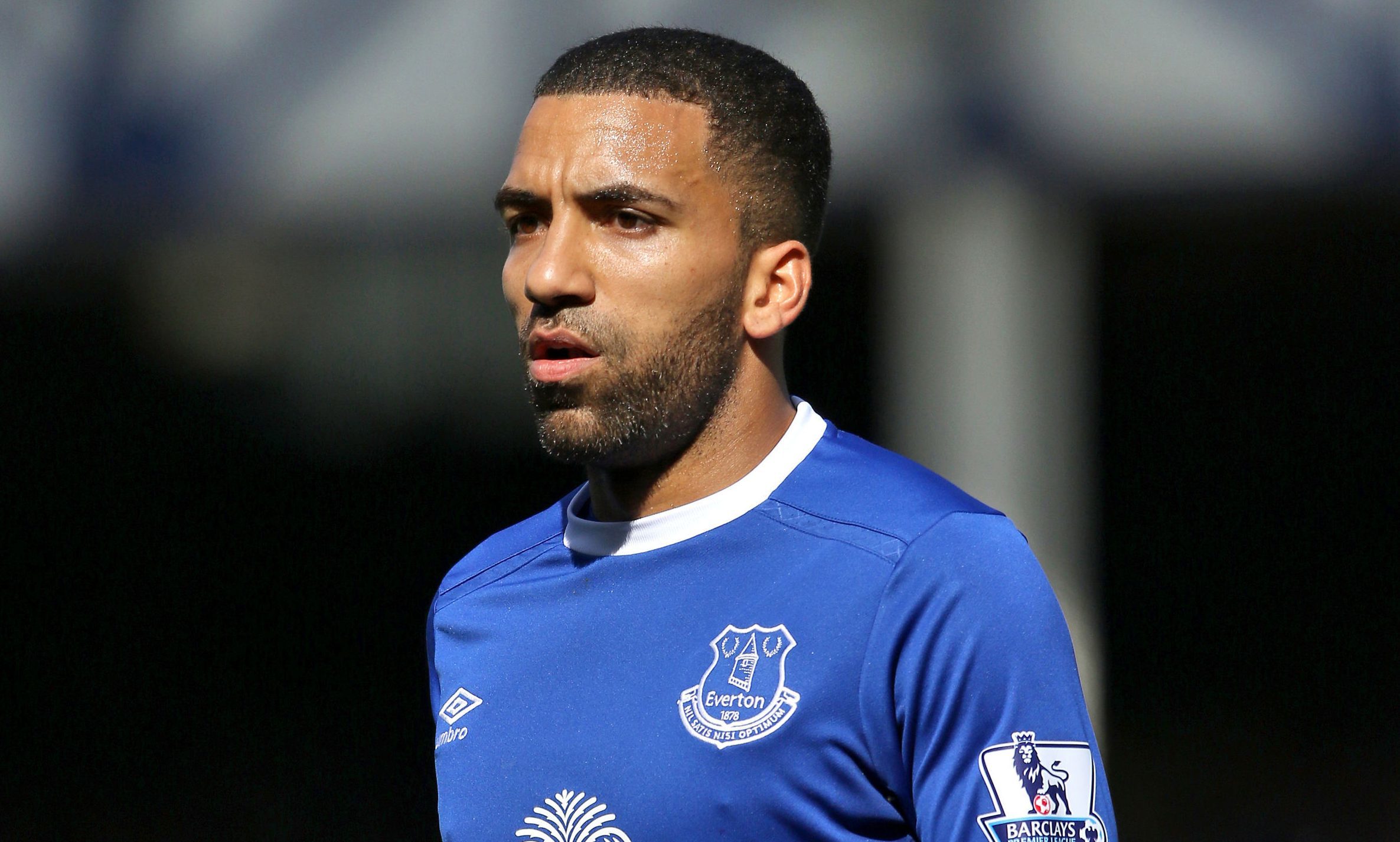
BILL SHANKLY famously joked that football is more important than life or death.
But the great man himself would admit that Everton star Aaron Lennon’s story is no laughing matter.
The news of Lennon’s detention under the Mental Health Act after being found at the side of a busy road by police shocked me.
It also filled me with sympathy for the England internationalist.
The thought that he may have been suffering in silence for some time is devastating.
Seeking help for mental health issues is becoming less and less stigmatised these days – but a degree of reluctance still remains.
Especially within football, where image, reputation, and toughness are prized, confiding in someone about difficulties can be a real struggle.
Despite the support on offer – and I know for a fact that the top clubs do try to look after their players in every respect – it is something many don’t want to do.
That leads to situations where players can become overwhelmed.
It leads to situations like Aaron Lennon’s.
What the Toffees winger needs now is time and space to recover – and that is what he will be given.
But football – and society at large – must learn lessons from his experience.
The best way to begin that process is to keep talking about mental health, honestly and frankly.
My pal, Ray Wilkins, has spoken at length about his own experiences with depression.
Hibs boss Neil Lennon – another guy I have a lot of respect for – has also been open about his battle.
By telling their stories, they are helping to break down the old idea that football players have nothing to be depressed about.
They are helping to show that players are people, with problems and flaws and worries – even at the very top level.
The Aaron Lennons of this world may earn millions of pounds by entertaining millions of people.
They may also have the big houses, the fancy cars, and the first-class lifestyle.
But they fight the same internal battles we all do – and they, like us, lose as many as they win.
The major difference for football players – and the thing that forces so many to bottle up their problems – is that losing simply is not an option.
From being youngsters, their brains are programmed to value victory above everything else.
That becomes their mentality: “Losing is for losers”.
When you are used to thinking that way, it can eat you up inside once the victories – whether personal or professional – dry up.
As a former player myself, I know from experience that footballers take everything to heart.
Even in my day, there were plenty of fragile egos in dressing rooms.
But today, with the rise of social media, there is more focus on image than ever before.
Players’ mental health gets tied up in that – along with many other things – heightening the pressure to appear “in control”.
But I reckon that by hammering home the point that mental health issues are health issues rather than failings, hopefully minds can be changed.
And who knows, maybe lives can be saved, too.

Enjoy the convenience of having The Sunday Post delivered as a digital ePaper straight to your smartphone, tablet or computer.
Subscribe for only £5.49 a month and enjoy all the benefits of the printed paper as a digital replica.
Subscribe